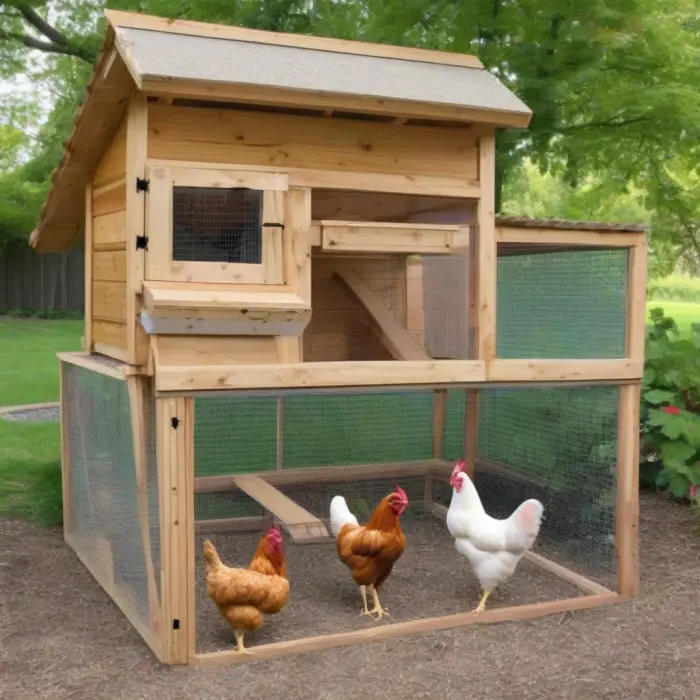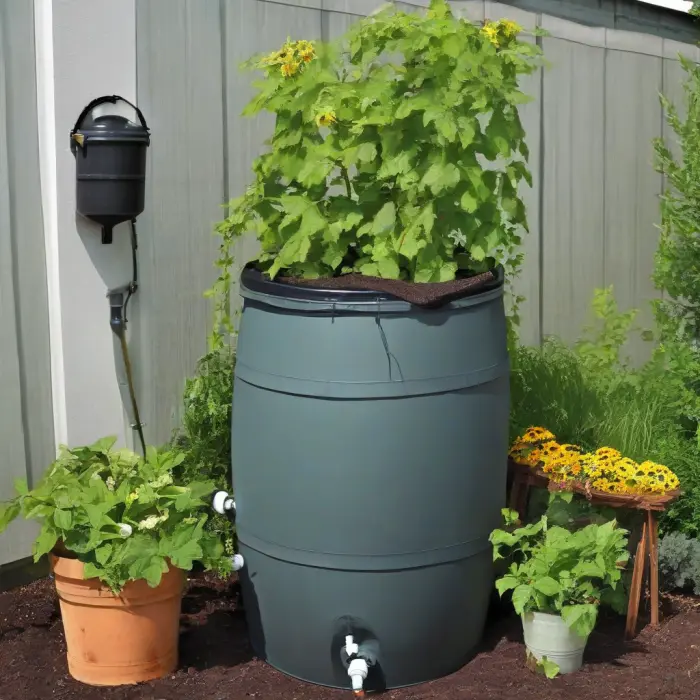Money-Saving Tips for Home Energy Efficiency
As the cost of living increases, many homeowners are looking for ways to cut costs and save money. One of the most effective ways to achieve this is by making your home more energy-efficient. More than just reducing your carbon footprint, improving your home's energy efficiency can significantly reduce your utility bills. Below, we share some money saving tips for enhancing home energy efficiency.
1. Insulate your home properly
Insulation is one of the key factors in maintaining a home's energy efficiency. By ensuring your home is properly insulated, you can keep warm air in during the winter and cool air in during the summer. This means your heating and cooling systems won't need to work overtime, leading to savings on your energy bills. Monitor areas like attics, walls, and basements to ensure they are properly insulated.
2. Install energy-efficient appliances
While energy-efficient appliances might cost a bit more upfront, they can result in significant long-term savings. Look for appliances with the Energy Star label, which guarantees they've been certified by the government as energy savers. This can include everything from refrigerators and washing machines to televisions and furnaces.
3. Use LED light bulbs
Switching to LED light bulbs is another money-saving step homeowners can take. While they cost more initially, LED bulbs use a fraction of the electricity that traditional incandescent bulbs use and can last 10 to 25 times longer, leading to significant cost savings over time.
4. Seal air leaks
Sealing air leaks in your home can also result in significant energy savings. Check around windows, doors, vents, and electrical outlets for any cracks or gaps. Use caulk or weatherstripping to seal these leaks and keep your home's temperature steady, reducing the need for excess heating or cooling.
5. Install a programmable thermostat
A programmable thermostat can help save energy by allowing you to set your home's temperature to align with your schedule. This means you won't be wasting energy heating or cooling your home when no one is there. According to the U.S. Department of Energy, you can save up to 10% a year on heating and cooling by simply lowering your thermostat by 7-10 degrees Fahrenheit for 8 hours per day.
6. Maintain your HVAC system
Lastly, regular maintenance of your HVAC system can prevent costly energy inefficiencies. Simple tasks like changing your filters regularly and having annual maintenance checks by a professional can ensure your system is running optimally and help avoid costly repairs.
In conclusion, making your home more energy-efficient doesn't have to be a costly or time-consuming task. By making some smart decisions and small changes, you can significantly reduce your energy usage and save money on your utility bills. It's a win-win situation for your wallet and the environment.










